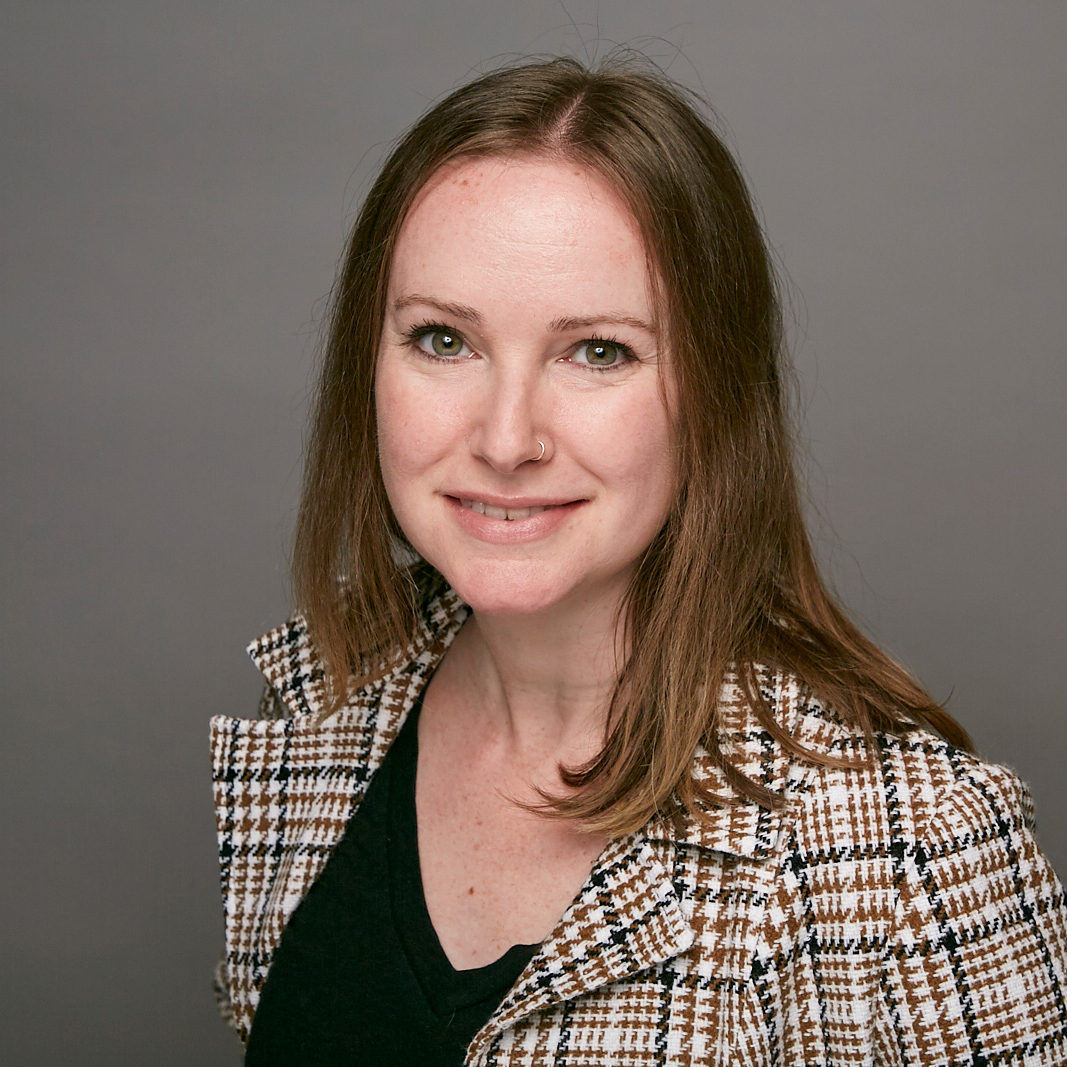'Girls' Dunham Says Women Have Right to Be Complex on TV
The smarter way to stay on top of broadcasting and cable industry. Sign up below
You are now subscribed
Your newsletter sign-up was successful
Related: ‘Scandal’ Cast Talks Shonda Rhimes at #PaleyFest
Girls' creator and star Lena Dunham addressed criticism that the female characters on the HBO series are sometimes annoying.
"We have an essential belief that being complex, annoying and multifaceted is the right of women on television," she said Sunday during the Q&A portion of the show's PaleyFest LA panel.
Dunham went on to explain that because of that belief it's important to portray all aspects of a woman's character, even the not-so-savory parts.
"To see characters you don't necessarily adore all the time is hopefully in some ways an inherently feminist action because it's a form of representation that we've been lacking for a long time," she added.
While TV has seen tremendous strides in female representation on screen, a study published in September by San Diego State University's Center for the Study of Women in Television and Film shows that women are still underrepresented in light of the fact the nearly 51% of the U.S. population is female.
According to the SDSU study, 42% of all speaking characters and 42% of all leads across the 2013-2014 season were women. Cable fared slightly worse on the season with 40% of all speaking characters and 40% of all leads being women.
The smarter way to stay on top of broadcasting and cable industry. Sign up below
The 2013-2014 season figures were down from the previous year, showing a 1% drop on broadcast for both female speaking characters and female leads, and a 2% and 1% drop on cable for female speaking characters and leads, respectively.
Girls, the season four finale of which will air on March 22, has female representation in spades. From behind the screen to on screen, the series celebrates being a woman.
For Dunham and the show's executive producers and writers, that means touching on subjects such as abortion and sex.
"The fact is that I, we do care deeply about politics," she said. "We do care deeply about things that are happening in the United States right now and particularly to women. Women of color. Particularly when it comes to reproductive rights."
But she clarified that the show doesn't set out to be didactic.
"The natural truth of our politics come through in what we are doing because we can only tell stories," said Dunham. "We tell stories not just about the world we live in but about the world we want to live in."
Jessika is an analyst for TVREV and Fabric Media. She previously served in various roles at Broadcasting + Cable, Multichannel News and NextTV, working with the brands since 2013. A graduate of USC Annenberg, Jessika has edited and reported on a variety of subjects in the media and entertainment space, including profiles on industry leaders and breaking news.

